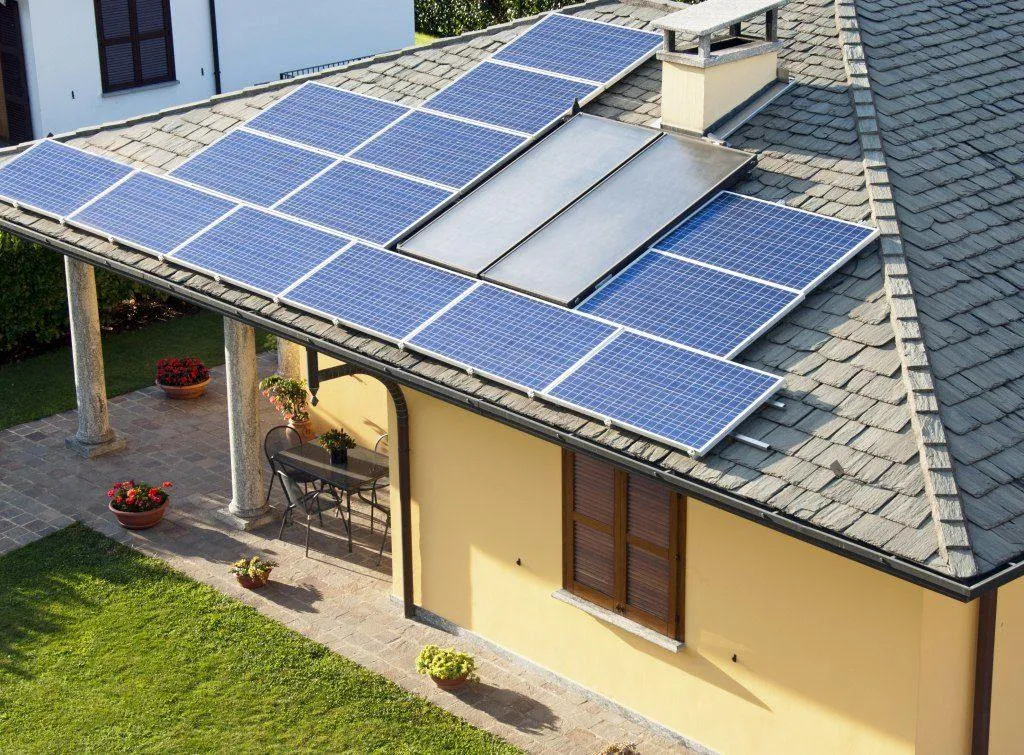
What Impacts the Cost of Your Solar System Installation on Your Home?
What Impacts the Cost of Your Solar Panel System?
The cost of a solar panel system is influenced by various factors, from the size and efficiency of the system to the location and regulatory environment. Understanding these factors can help you estimate the cost of your solar installation more accurately.
Here's what impacts the cost of your solar panel system:
System Size: The size of your solar panel system is one of the most significant factors influencing the cost. Larger systems with more panels will cost more upfront but can generate more electricity and provide greater savings over time.
Panel Efficiency: Solar panel efficiency refers to the amount of sunlight that solar panels can convert into electricity. Higher efficiency panels may come with a higher price tag but can produce more electricity in less space, making them a cost-effective option for homes with limited roof space.
Location: Your geographical location plays a crucial role in determining solar viability and cost. States with abundant sunlight, such as California and Arizona, tend to have lower solar costs due to higher energy production potential. Conversely, states with less sunshine may have slightly higher upfront costs but can still benefit from solar energy.
Incentives and Rebates: Federal, state, and local governments offer various incentives and rebates to encourage solar adoption. These financial incentives can significantly reduce the upfront cost of solar installations and shorten the payback period of your investment.
Regulatory Environment: The regulatory environment in your state or municipality can impact the cost of solar. States with favorable net metering policies, streamlined permitting processes, and low administrative costs may offer more cost-effective solar options for homeowners.
Utility Rate Structures: The structure of utility rates, including electricity prices and net metering policies, can influence the financial feasibility of solar. States with high electricity prices and favorable net metering policies often offer greater savings potential for solar homeowners.
Financing Options: The availability of solar financing options, such as solar loans, leases, and power purchase agreements (PPAs), can impact the upfront cost of solar for homeowners. Explore different financing models to find the most affordable option for your budget.
Technology and Innovation: Advances in solar technology and innovation can impact the cost of solar panel systems. As solar technology continues to evolve, prices may decrease, making solar energy more accessible and affordable for homeowners.
Labor and Installation Costs: Labor and installation costs vary based on factors such as roof complexity, accessibility, and local labor rates. Obtaining multiple quotes from reputable solar installers can help you compare prices and find the best value for your investment.
Future Savings Potential: While the upfront cost of solar may seem daunting, it's essential to consider the long-term savings potential. Solar panels have a lifespan of 25 years or more and require minimal maintenance, offering consistent savings on electricity bills over their lifetime.
By understanding the factors that impact the cost of your solar panel system, you can make informed decisions about transitioning to solar energy and maximizing your savings potential!
Get a FREE Solar Quote and Learn More!
Campaign Disclaimer: Bright Solar Pros is a free service to assist homeowners in connecting with local service providers. All contractors/providers are independent and Bright Solar Pros does not warrant or guarantee any work performed. It is the responsibility of the homeowner to verify that the hired contractor furnishes the necessary license and insurance required for the work being performed. All persons depicted in a photo or video are actors or models and not contractors listed on brightsolarpros.com.
Copyright 2026, Bright Solar Pros, All Rights Reserved.
